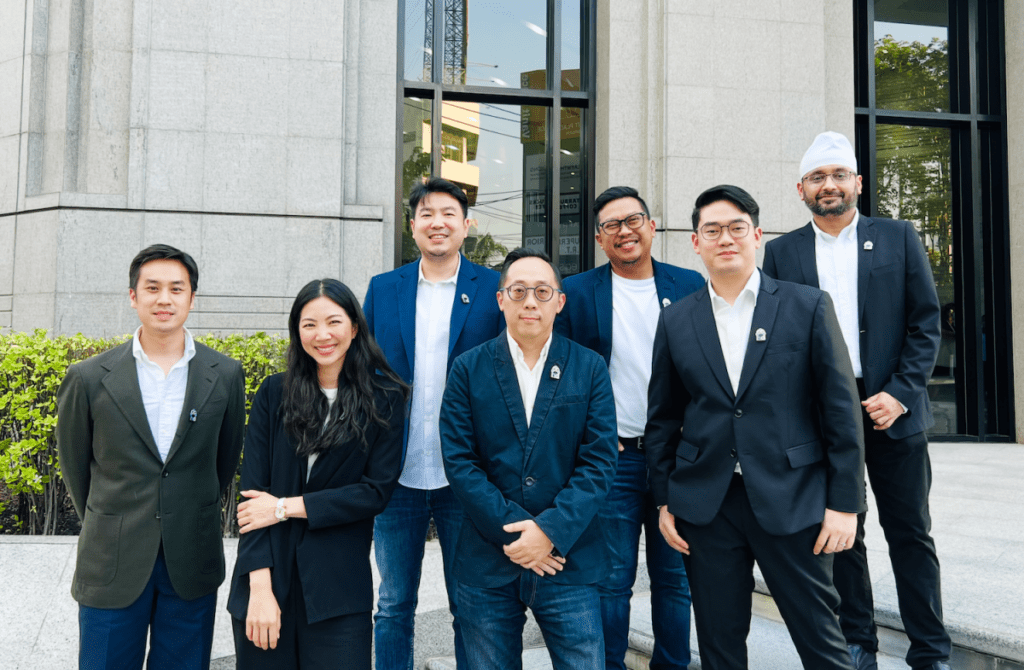Over half of Americans wear corrective glasses or contact lenses. While there isn’t a shortage of low-cost and luxury frames available online or in stores, consumers can only buy them with a current eyeglass prescription.
That means that they first need an eye exam from an optometrist to receive that prescription. But, due to a nationwide shortage of eye care practitioners, it may take weeks, especially in rural areas, to get an appointment.
Eyebot, a new startup coming out of stealth on Thursday, wants to reduce the time it takes to receive an eye exam to about 90 seconds without the direct involvement of an optometrist. Starting in October, the Boston-based company will roll out its self-serv, vision-testing terminals in shopping centers, grocery stores and pharmacies in New England.
Anyone who wants to have their vision checked can walk up to Eyebot’s 5-ish-foot kiosk, press a button, and the company’s computer vision technology will automatically scan the person’s eyes, extracting eyeglass or contact lens prescription. (While Eyebot can’t perform initial fittings of contact lenses, it can update an existing prescription.)
Eyebot’s founder and CEO Matthias Hofmann said he developed similar technology ten years ago at EyeNetra, a startup that used smartphones to test eyesight. (EyeNetra went out of business several years ago, according to Hoffman, who worked there as the leading engineer until 2015.)
“We realized that using smartphones is not actually the solution,” said Hoffman, who, before joining EyeNetra, was a postdoctoral researcher in tomography at Harvard Medical School. “What people want is a fully automated experience where they don’t have to learn or do anything complicated. Our technology now allows people to simply stand in front of our units.”
Eyebot-generated prescriptions are finalized by teledoctors within 24 hours, and consumers who want to purchase glasses from any retailer must pay $30 for their exam. But if they purchase glasses from one of Eyebot’s partner brands, the eye exam is free. (The technology is registered with the FDA, Hoffman said.)
The company hopes that major eyeglass brands will rent Eyebot terminals and put them in the retail locations of their choice. Once a shopper finalizes their exam, they can choose to buy eyeglasses from that brand directly on a touchscreen within the kiosk or by using their smartphone. Eyebot plans to make money by partnering with these eyewear brands and taking a commission on each sale.
“Retailers are looking for new channels to reach the customers,” Hoffman said. “Now they have an opportunity to show their brand in CVS, Walgreens, Stop and Shop, Kroger and on college campuses.”
Eyebot is close to finalizing partnership agreements with several large eyeglass and contact lens merchants, Hoffman said. “It’s a very lucrative model. The demand for what we’re doing is very high.”
Demand for investing in Eyebot’s seed round was high, too, according to Hoffman. On Thursday, the company announced a $6 million funding round led by AlleyCorpand Ubiquity Ventures with participation from Susa Ventures, Village Global, Baukunst, Ravelin, and Spacecadet.
The capital will be used for expansion to geographies.


